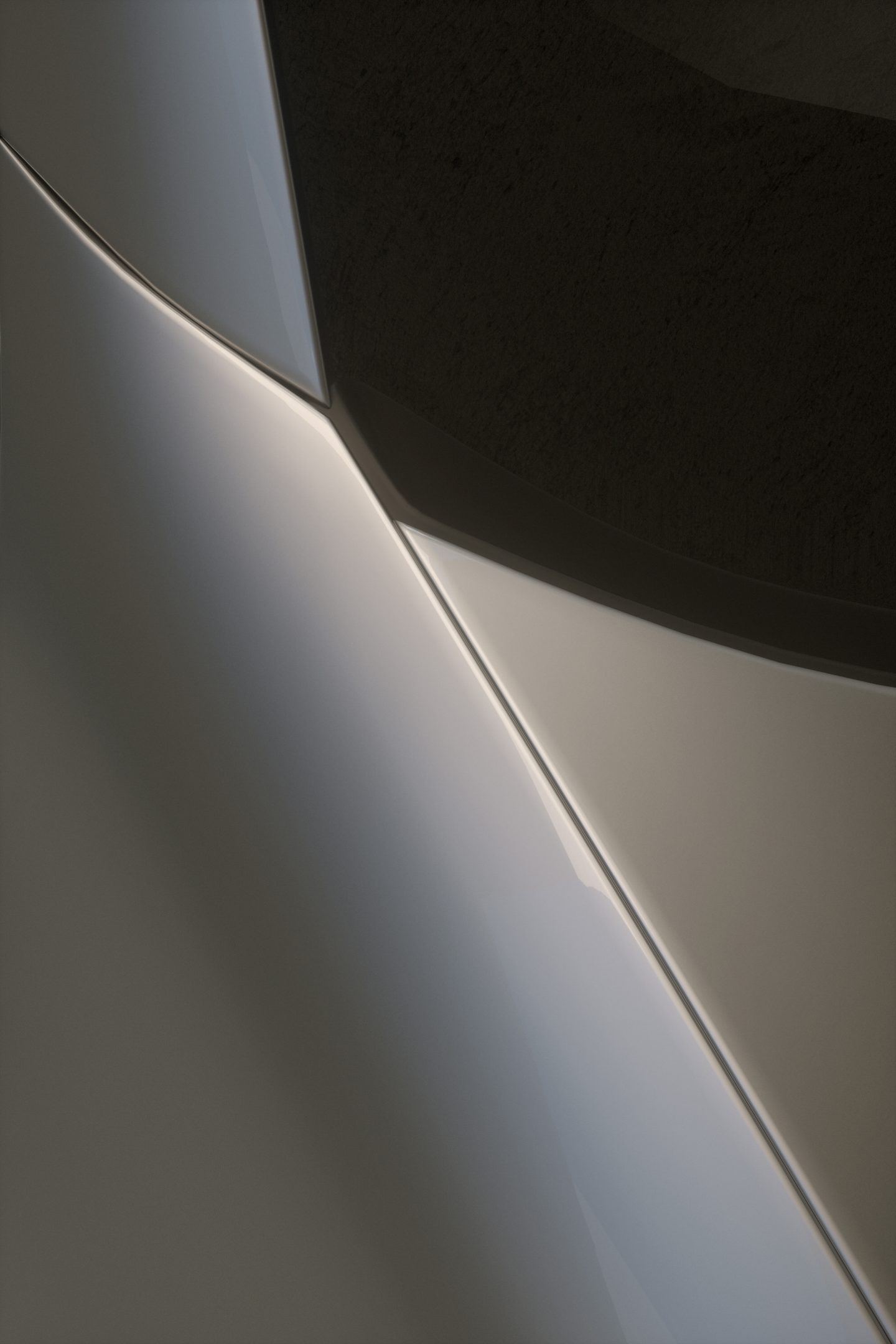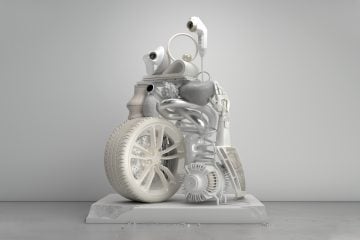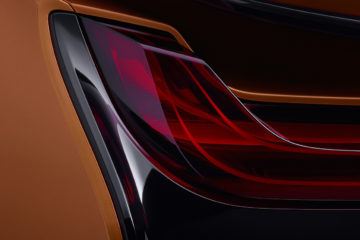
The Future Is Quantum: The Computing Revolution That Will Change Transport Design
- Name
- Shift
- Images
- Manuel Carvalho
- Words
- Josh Hall
Are you reading this text on a computer? Or a phone, or a tablet? Whichever it is, it relies on one fundamental principle: binary. Ones and zeroes; lines upon lines of data flowing endlessly through different systems. Break them down to their smallest elements, and any digital object is one of two different things: an ‘on’, or an ‘off’.
But that’s not going to be the case for much longer. Imagine a world in which any given object could actually be two distinct things at the very same time – or, to be more precise, could occupy two states at once. This phenomenon is called superposition, and it’s the basis of quantum computing.
In quantum systems, we’re no longer limited by the ‘on’ or ‘off’ states that characterize ‘bits’ – the smallest elements of any current digital system. Instead, we have ‘qubits’ – objects that are zero, one, and any point in between, all at the same time. Quantum computing is already revolutionizing a huge number of fields, from cryptography to weather forecasting, and from pharmaceutical design to the creation of entirely new physical materials – and in the coming years, it’s also going to fundamentally change the way we think about mobility. But how?

‘Quantum Turbine’ 2019
We collect unimaginable amounts of data every single second, and much of that information concerns how societies move around. As we begin to see mass adoption of autonomous vehicles, with their huge sensor arrays, that trove of data is going to increase dramatically. But there’s a problem: we’re collecting more data than we can efficiently process.
This is the first opportunity for quantum computing in mobility. Quantum technology will give us the tools to work with vast data sets at a speed that is simply not achievable with classical computing. It will unlock the power of the data that we’re already collecting but do not currently have the ability to properly leverage. And the adoption of this technology is just around the corner: for example, companies like Fujitsu, with their Digital Annealer solution, are already applying quantum thinking to real-world, everyday situations.
‘Particle Loop’ 2019
Quantum technology will help us to take major steps towards a new future of mobility.
Quantum technology will help us to take major steps towards a new future of mobility. In the immediate future, we’re likely to see the development of ‘Mobility as a Service’ (MaaS). Imagine a digital layer sitting on top of every one of a city’s different transport systems: metro network, rail, autonomous car, bus, rideshare, and so on. A MaaS system will provide a central hub through which every node of each of these systems passes. It will collect and process millions of transport requests every minute, allowing us to instantly distribute resources to where they are most needed, to fix or prevent bottlenecks, and manage demand.
‘Connection Drives Us’ 2019

But it’s not just the brains of mobility systems that could be revolutionized by quantum technology; it’s possible that this field could also change the way we design vehicles themselves. Battery development is one of the most important frontiers in this field. Many researchers believe that the quantum property of ‘entanglement’ could hold the key to huge advances in battery life and reductions in charging times, significantly improving the viability of electric vehicles. Quantum batteries could be with us very soon; in fact, one team in Italy say they have nearly completed work on a quantum battery that could be built using current solid-state technology.
Thinking further ahead, we could also see the impact of quantum thinking on other aspects of vehicle design. Around the world there are teams working at the intersection of quantum technology and material science, creating an entirely new field – quantum materials. Currently, much of this research focuses on cutting-edge superconductors, but quantum material studies are turning up lots of new materials with strange and entirely new properties; researchers at Intel, for example, appear to have found items that could completely change the way we think about magnetism.
It’s not beyond the realm of possibility to say that, with the help of quantum thinking, we could start to reimagine not only the ways in which transport is managed and maintained – but also the very form of vehicles themselves. Think about what the launch of the Smart brand meant for the way we imagine the form-factor of cars. In the future, quantum techniques could produce advances on just as major a scale. As the power of quantum computers make self-driving cars commonplace, we could even see cars without a driver’s seat.

‘AI Takes The Wheel’ 2019
The ways in which we think about mobility and transport are changing more rapidly than at any time since the development of mass car production. In Berlin this September the Shift Automotive conference during IFA will explore the future of mobility. Quantum science is at the heart of the Shift program – and at the heart of new developments in the ways society moves.
_
This feature was created in collaboration with Messe Berlin.
Shift Automotive takes place on September the 10th and 11th 2019, during IFA at Messe Berlin. You can find tickets here.
Images © Manuel Carvalho for IGNANT Production












